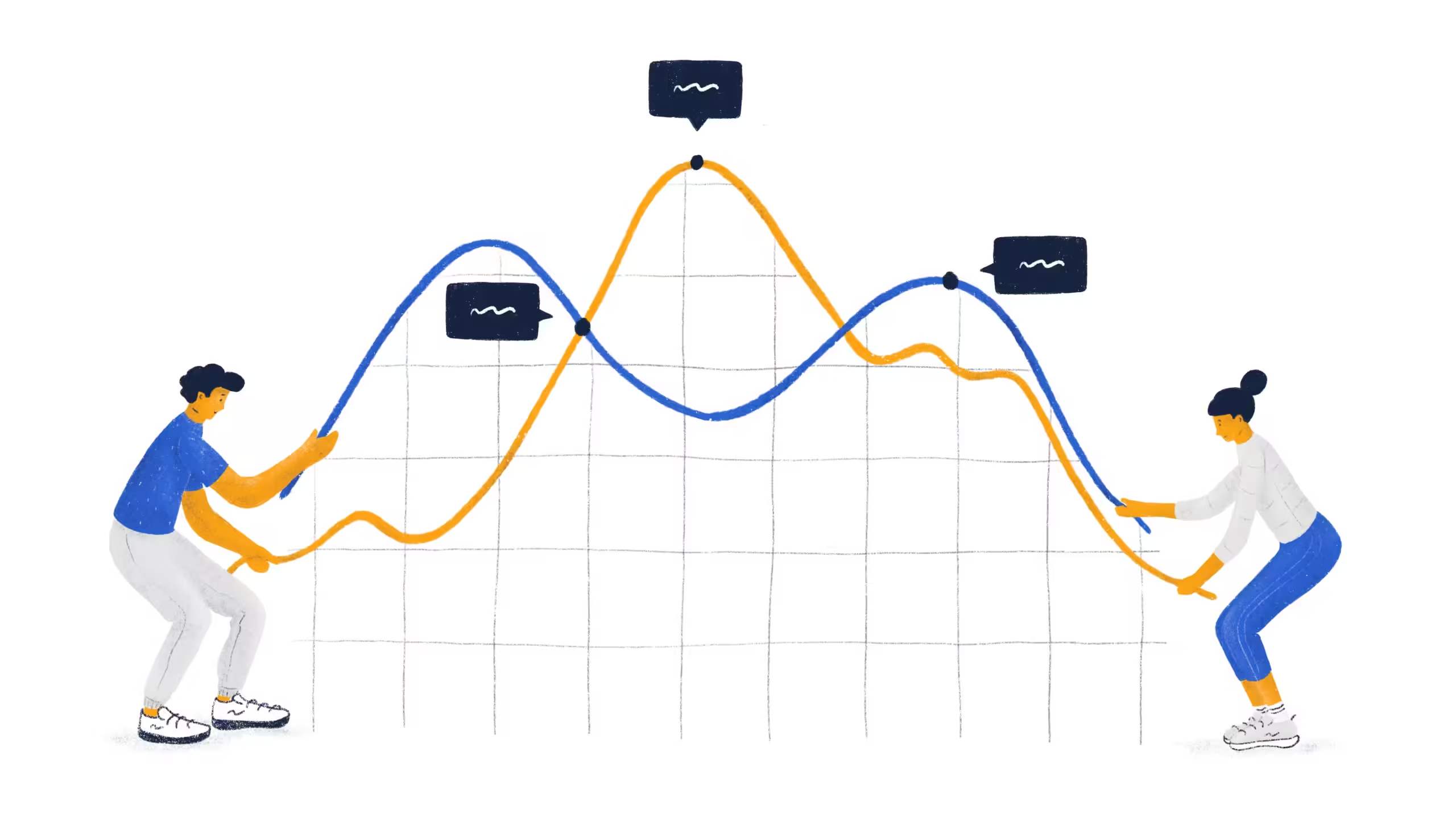Data-driven marketing is essential for businesses as it leverages customer data to make informed decisions, optimize campaigns, and personalize interactions. By analyzing data, marketers can improve targeting, enhance customer experiences, and measure performance in real-time, ultimately increasing efficiency and ROI. This approach empowers businesses to stay competitive and agile in an ever-evolving market.

1. Personalization at Scale
Data-driven marketing enables businesses to tailor messages to individual preferences and behaviors. By analyzing customer data, marketers can create personalized experiences, increasing engagement and conversion rates.
2. Improved Targeting
By using data, marketers can segment their audience more effectively. This ensures that marketing efforts are directed towards those most likely to respond, improving the return on investment (ROI) and reducing wasteful spending.
3. Enhanced Customer Experience
When marketers understand customer behavior through data, they can create seamless and relevant customer journeys. By delivering the right message at the optimal time, it improves the customer experience and fosters higher retention rates.
4. Measurable Performance
Data-driven marketing enables accurate measurement of campaign performance. Marketers can track key metrics like click-through rates (CTR), conversion rates, and customer lifetime value, allowing for continuous optimization.
5. Predictive Insights
With the help of advanced analytics and machine learning, marketers can predict future trends, behaviors, and outcomes. This proactive approach helps in refining marketing strategies and staying ahead of competitors.
6. Real-Time Decision Making
Data enables marketers to make quick decisions. With access to real-time data, they can monitor campaigns and make adjustments on the fly to optimize performance and capitalize on new opportunities.
7. Efficient Marketing Spending
By understanding which channels and strategies drive the best results, marketers can allocate their budget more effectively. Data helps identify high-performing campaigns and eliminate underperforming ones, ensuring efficient use of resources.
8. Competitive Advantage
Companies that leverage data in their marketing strategies often have a competitive edge. They can identify trends earlier, respond to customer needs faster, and optimize their efforts continuously, staying ahead of less data-savvy competitors.
Conclusion
In summary, data-driven marketing helps businesses move from intuition-based decisions to insights-based strategies, ensuring that marketing efforts are more precise, cost-effective, and aligned with customer expectations.


Leave a Reply